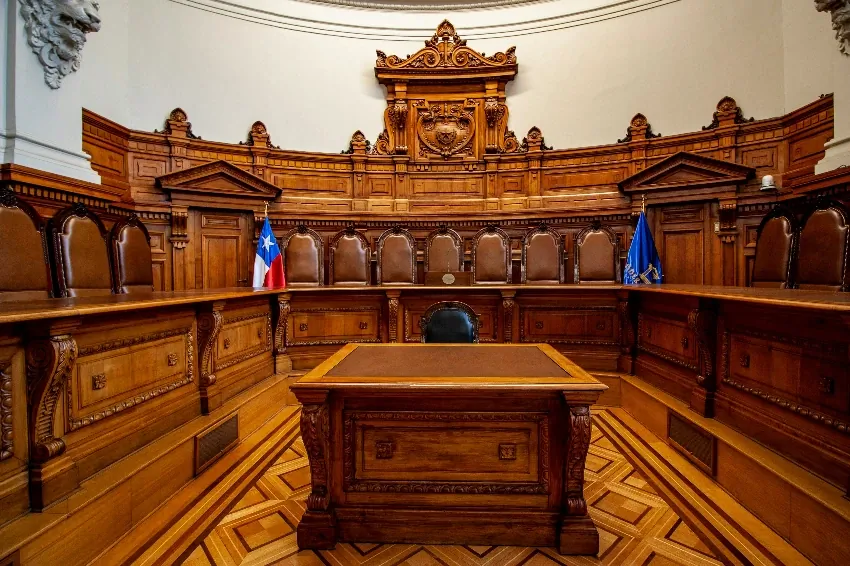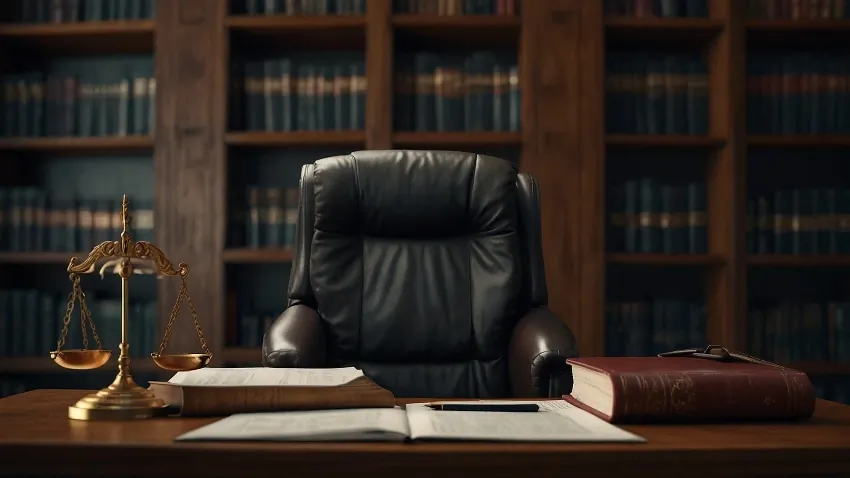
Pre-trial detention and procedural regression: the Criminal Cassation Court n. 15088/2025 on the terms ex art. 303 c.p.p.
The Supreme Court clarifies which duration of pre-trial detention applies when the proceedings regress due to annulment with referral limited to the defendant's apical qualification, in the presence of a double conformity for drug trafficking association.

Aiding and abetting prostitution and "quid pluris": Cassation no. 13825/2025 sets the boundaries for NCC and taxi drivers
The Supreme Court, with ruling no. 13825/2025, has established when the transport service offered by a professional driver may constitute the crime of aiding and abetting prostitution: a "quid pluris" compared to the normal contractual relationship is sufficient. Let's analyze the principle and its practical implications for operators.

Criminal Cassation no. 12733/2025: when the nullity of the citation decree becomes an abnormal act
The Supreme Court intervenes on the power of the judge at the pre-trial hearing to annul the citation decree for discrepancy of the charge with respect to the notice of conclusion of investigations, clarifying the application limits of art. 554-bis c.p.p. and the concept of procedural abnormality.

Cassation Ruling no. 15909/2025: when the non-payment of child support is already a crime under art. 570-bis c.p.
The Court of Cassation, with ruling no. 15909 of 2025, states that the omission to pay the support ordered in civil proceedings automatically constitutes the crime of violation of family assistance obligations, without the need to prove the lack of means of subsistence. Discover the reasons, effects, and practical advice.

Restitution within the time limit and judge's incompetence: analysis of Order Cass. pen. no. 13315/2025
The Court of Cassation, with order no. 13315 of 2025, clarifies when the request for restitution within the time limit for appeal must be declared inadmissible if made to the wrong judge. A practical commentary, between references to articles 175 and 568 c.p.p. and operational implications for lawyers and defendants.

Criminal Cassation no. 10389/2025: the boundaries of art. 387-bis c.p. before Legislative Decree 164/2024 on family protection orders
The Supreme Court clarifies that the old wording of art. 387-bis c.p. does not apply to violations of protection orders for minors, outlining the temporal and subjective scope of the crime in light of the reform introduced by Legislative Decree 164/2024.

Preliminary Hearing and Notification Obligation: The Cassation Ruling no. 10968/2025 provides clarity
An in-depth analysis of Cassation Ruling no. 10968 of 2025, which defines the notification obligation for the postponement of the preliminary hearing in the absence of the defendant, clarifying when reading the order in court is sufficient and what exceptions remain to guarantee the right of defense. Discover the practical implications for lawyers and defendants.

Court of Cassation, judgment no. 10946/2025: inadmissible double precautionary appeal on the same measure
The Supreme Court, with judgment no. 10946 filed on March 19, 2025, clarifies the limits to repeated precautionary appeals: when an appeal against the measure is already pending, a new incident pursuant to art. 309 c.p.p. on the same grounds is inadmissible. Let's analyze the reasons and impacts

Inadmissibility of appeal for uncensored prescription: comment on Cass. pen. no. 11237/2025
Judgment no. 11237/2025 of the Court of Cassation clarifies when an appeal filed to assert the prescription matured before the appeal decision is inadmissible: if the appeal has already been declared inadmissible pursuant to art. 591 c.p.p. and this ruling has not been contested, the prescription cannot be invoked in cassation. We examine its rationale, normative basis, and practical implications.

Substitute Penalties and Res Judicata: the Court of Cassation with Judgment no. 9295/2025 sets limits to revocation
The Court of Cassation, with Judgment no. 9295 of 2025, draws clear boundaries for the revocation of substitute penalties for short prison sentences. An in-depth analysis of how res judicata limits the powers of the execution judge, ensuring legal certainty and protecting the stability of judicial decisions.